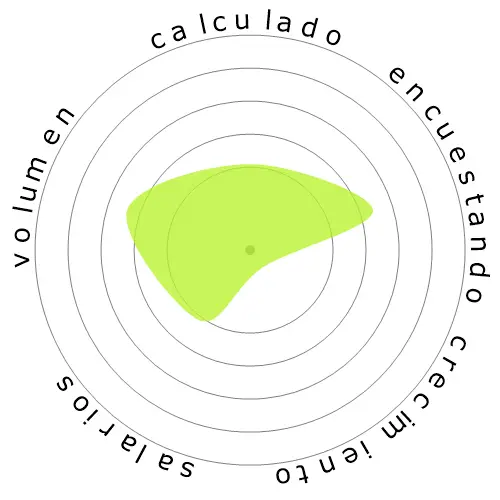Operadores de Plantas y Sistemas de Tratamiento de Agua y Aguas Residuales




Las personas también vieron
Riesgo de automatización calculado
Riesgo Moderado (41-60%): Las ocupaciones con un riesgo moderado de automatización generalmente implican tareas rutinarias pero aún requieren cierto juicio e interacción humanos.
Más información sobre qué es esta puntuación y cómo se calcula está disponible aquí.
Encuesta de usuarios
Nuestros visitantes han votado que hay una baja probabilidad de que esta ocupación se automatice. Sin embargo, el nivel de riesgo de automatización que hemos generado sugiere una mayor probabilidad de automatización: 59% probabilidad de automatización.
¿Cuál crees que es el riesgo de la automatización?
¿Cuál es la probabilidad de que Operadores de Plantas y Sistemas de Tratamiento de Agua y Aguas Residuales sea reemplazado por robots o inteligencia artificial en los próximos 20 años?
Sentimiento
El siguiente gráfico se incluye siempre que haya una cantidad sustancial de votos para generar datos significativos. Estas representaciones visuales muestran los resultados de las encuestas de usuarios a lo largo del tiempo, proporcionando una indicación importante de las tendencias de sentimiento.
Sentimiento a lo largo del tiempo (anualmente)
Crecimiento
Se espera que el número de ofertas de trabajo para 'Water and Wastewater Treatment Plant and System Operators' disminuya 6,0% para 2033
Empleo total y estimaciones de vacantes laborales
Las proyecciones actualizadas se deben 09-2025.
Salarios
En 2023, el salario anual mediano para 'Water and Wastewater Treatment Plant and System Operators' fue de 54.890 $, o 26 $ por hora.
'Water and Wastewater Treatment Plant and System Operators' recibieron un salario 14,2% más alto que el salario medio nacional, que se situó en 48.060 $
Salarios a lo largo del tiempo
Volumen
A partir de 2023, había 120.710 personas empleadas como 'Water and Wastewater Treatment Plant and System Operators' dentro de los Estados Unidos.
Esto representa alrededor del 0,08% de la fuerza laboral empleada en todo el país.
Dicho de otra manera, alrededor de 1 de cada 1 mil personas están empleadas como 'Water and Wastewater Treatment Plant and System Operators'.
Descripción del trabajo
Operar o controlar un proceso o sistema completo de máquinas, a menudo mediante el uso de tableros de control, para transferir o tratar agua o aguas residuales.
SOC Code: 51-8031.00


Comentarios
The risk involved with automating these specific jobs is too high, and the cost too great to cover all cases and mitigate all the risks, meaning these jobs should be safe for the future. Paradoxically, despite their absurd importance, funding seems to always get leaner every year.
Although many facets could be automated, integrating these automated systems into the majority of dilapidated infrastructure would be too cumbersome to be a real issue.
I can see complications resulting from system upgrades or increasing efficiency by reducing workers and having people take on more responsibilities with more complex systems, but it will likely never be 100% automated because of our bias..
Deja una respuesta sobre esta ocupación